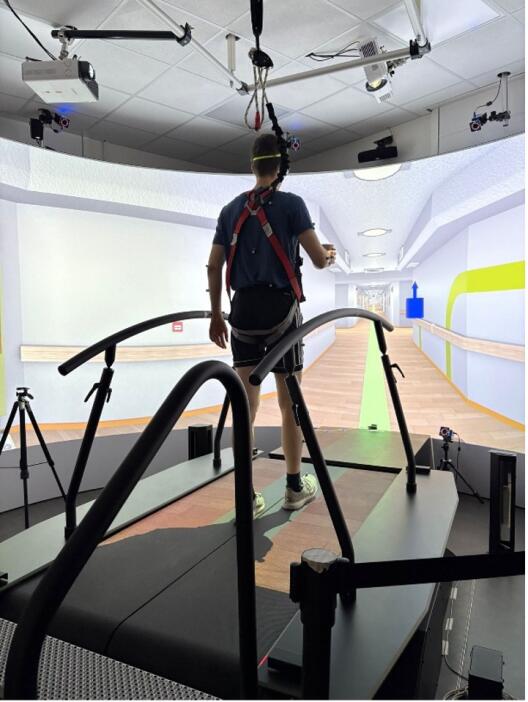Research Project Doctoral Candidate 02
Can superimposed sensorimotor variability in practice enhance motor (observational) learning in older adults?
Fellow
Host Institution
University of Münster, Department Neuromotor Behavior and Exercise
Supervisors
Project description
The objective of this research project is to systematically investigate how sources of sensorimotor variability in ecological constraints (e.g., changing environmental stimulations, perturbations, and feedback) and task constraints (e.g., variations in type of grasp or exerted force) can enhance motor (observational) learning in older adults (with and without cognitive impairment). In addition, it will be of interest how different practice interventions can improve performance stability and system variability. We expect that variable (observational) practice enhances task-space differentiation and leads to more stable performance and a better ability to adapt to changing task constraints than non-variable (observational) practice. We expect furthermore that practice effects are highly dependent on the initial state of the learner. The findings of this research project will be used to develop a practice framework (including observational learning) to improve visual-motor control in ageing populations with variations in ecological and task constraints.
(Planned) Secondments
Tel-Aviv University and Loewenstein Rehabilitation Medical Center

